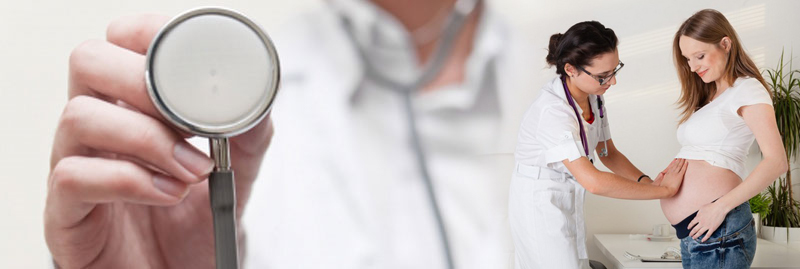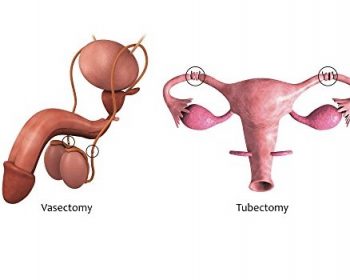
Common Tests During Pregnancy
Common Tests During Pregnancy
1st Trimester (1-3 months)
| Which Test? | Why? | ||
|---|---|---|---|
| Urine Tests | |||
| Urine Pregnancy Test | To confirm that you are pregnant. | ||
| Sugar & Albumin (Protein) | To confirm that you are pregnant. | ||
| Bacteria | To check on urinary infection. | ||
| Blood Tests | |||
| Blood Grouping & Rh typing | Basic information needed for all pregnant, women – in case blood transfusion is needed at any point and to be prepared for the possibility of Rh incompatibility | ||
| Hb% | Low Hb indicates anaemia – needs further tests. Iron, Vitamin supplements. | ||
| VDRL | To test for syphilis infection. If present prompt treatment necessary. | ||
| Hepatatis B | Could be transmitted to the child, the new born will need HBIG injection, in addition to regular Hep. B vaccine. | ||
| HIV | If positive, options discussed & strategies to prevent transmission to the child implemented. | ||
| ICT | Is done in case of Rh-ve mothers with Rh+ve husband Indirect Coombs Tes ttest indicates iso immunisation. | ||
| Ultrasound Scan | For dating the pregnancy, number of pregnancies, location, and presence of foetal heart beats, Nuchal Translucency (study for chromosomal defects.) | ||
2nd Trimester
| Which Test? | Why? | ||
|---|---|---|---|
| Blood Tests | |||
| MSAFP(Maternal Serum Alpha Feto Proteins) | Neural tube defects / genetics defects | ||
| TST (Triple Screening Test) | Screening for Downs syndrome. | ||
| GTT (Glucose Tolerance Test) | Gestational diabetes. | ||
| Ultrasound Scan | Biometery: Measurements of various parameters. In the – growth profile Structures: Presence & normal development of the various structures (Heart, Brain, Skeletal, Urinary system etc.)Amount of Amniotic fluid, location of placenta | ||
3rd Trimester
| Which Test? | Why? | ||
|---|---|---|---|
| Blood Tests | |||
| Hb, Blood sugars | May be repeated to review status of anaemia, diabetes | ||
| Ultrasound | Well being and activity studies of the foetus. To calculate the estimated weight of the foetus. To check for foetal position Amount of Amniotic Fluid | ||
| CTG (Cardiotocography) | Tracing of heartbeat pattern to reflect on the activity and well being. Some decisions about timing of delivery may be taken based on the reports | ||
| Special Tests | Tissue taken from placenta between 10 – 12 weeks | ||
| Chorion Villous Sampling | Access through abdomen or through vagina under ultrasound guidance. cells can be studied for genetic / bio chemical problems. | ||
| Amniocentesis | Sample of amniotic fluid drawn & sent for analyses Between 14 -18 weeks of pregnancy | ||
| Post Procedure | For elderly women or those at risk for birth defects, genetic problems.Done under ultrasound guidance under local anesthesia Minor discomforts / no special medications needed. | ||
| Foetal Cord Blood Sampling | Blood sample drawn from foetal umbilical cord can be subjected to various studies as Indicated. | ||
| Doppler study | Special tests to study the blood flow in various Blood vessels concerning the mother – unit Gives information regarding adequacy of nourishment & oxygenation. | ||
| Foetal Blood pH | Determines the urgency for delivery & indicates how sick the is, so that the neonatal team can prepare & receive accordingly. | ||







